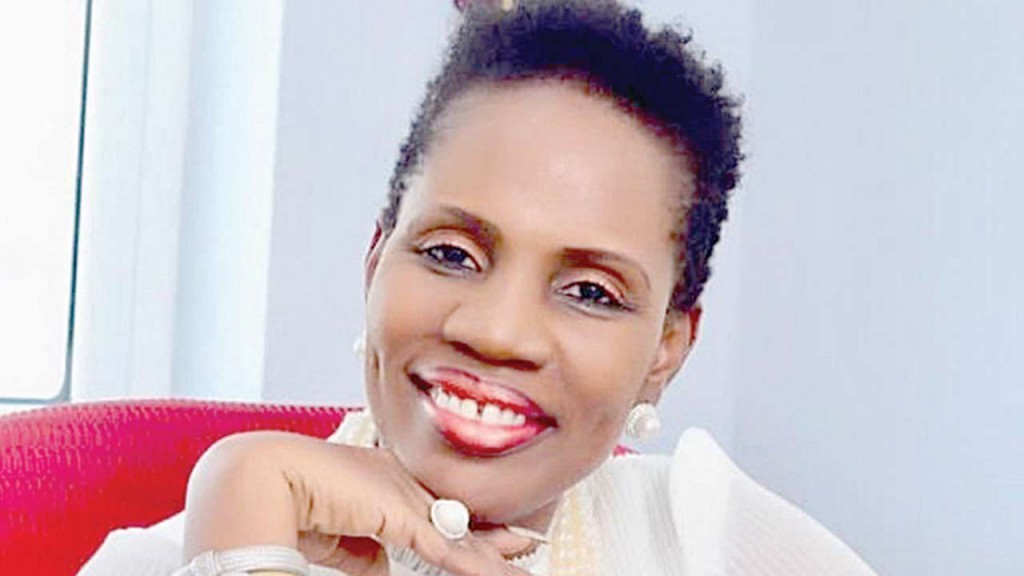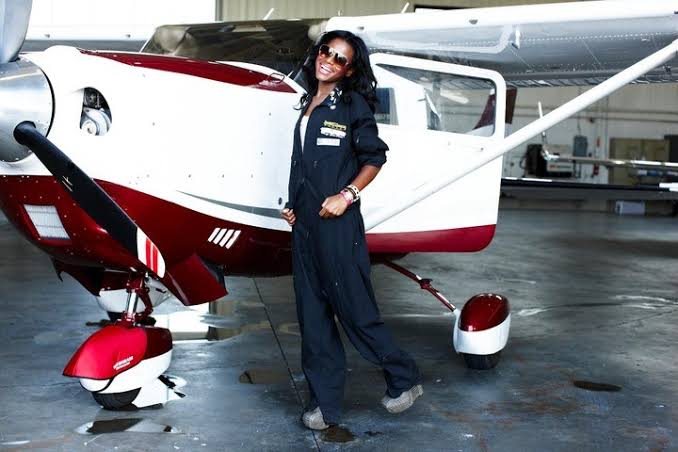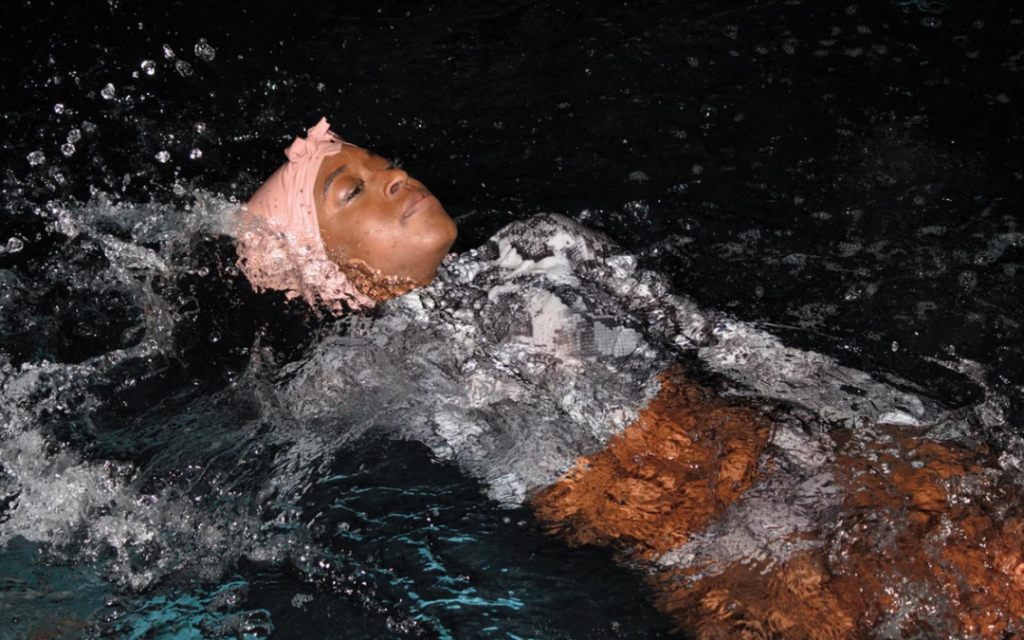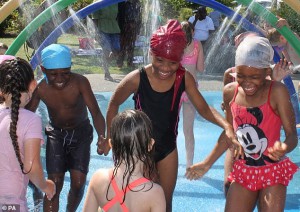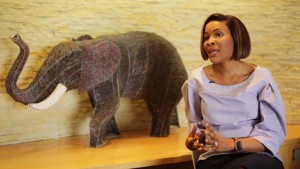Childhood Preparation
MY childhood didn’t prepare me for what I do now, although it played a huge role due to the fact that I was very creative at that stage. I started painting and using watercolours at a very young age but I never for once saw myself doing what I’m doing today. I did those things for fun and never expected them to be a huge part of my life. Growing up was quite interesting and, as a normal child, I have both good and bad memories. I grew up in a strict and competitive environment where everyone had to meet certain standards. There was no one to share my thoughts or emotions with, so I learned to develop myself even when there was no one to talk to. This has made me active in few NGOs so I could give to the society what I couldn’t get. It wasn’t always easy and I got to learn from challenges.
My passion for Art
I wasn’t directly inspired to go into Art, truly, science has been my passion since childhood. I’ve always wanted to be a medical doctor, to help people, that’s where my passion came from. I loved to see people heal, get better. And I never for once thought of going into Art, so nothing could inspire me to venture down the world of Art.
I can only say God made a turn of events to make me see what I was completely oblivious to. At a stage in my life where science wasn’t responding, I was forced to look at the bright side of Art. And since then I’ve been falling deeper in love with Art, all dimensions of it.
My Artistic Journey
I thank God for the journey so far, it’s been wonderful, even though there have been lots of challenges especially due to the fact that I studies a different field from Art, finances as a student and the fact that I ultimately have to balance up my academics first before anything else. I’ve had experiences with lessons I know would be very useful even after I graduate.
Balancing School with Art
That dexterity has been a natural part of me, human beings are very dynamic and when we put our minds to something, no matter how diverse or colossal it may be, you’ll be done with it before you know it. Timing is also very important even though I find it hard sometimes to meet up within the appropriate time, going for lectures at the right time, going to church, creating time for art and writing, meeting up with basketball practice and guitar lessons, time to study, taking few hours to swim and sacrificing time for rehearsals. As long as I have a mental timetable and I try not to overwork myself while creating a compulsory time to rest, by God’s grace I’m able to do just fine.
My Aspiration
The first is to be a successful Artist. Let the world realise your talents can make you stand out. I would also love to travel the world and explore all forms of Art. I really have a lot to learn, I go on the internet and discover lots of amazing works from different artists. I would love to learn as many forms of Art as I can.
I also hope to own an Art firm with a gallery where everyone can be who they want to be and create ideas, use the beauty of Art to make people’s lives better, to make them heal.
Lastly, I aspire to be a role model as an artist, someone who inspires, an artist people can look up to. I want to be happy both in the outside world and with my family and home.
Three women who inspire me to be better and why
Ms. Esther Ijewere, convener of Women of Rubies, Ruby Girls, Rubies Ink and Walk Against Rape and Benita Nnarchortam, personal photographer /SA to the former governor of Ogun state and co-founder, Kuta Nigeria. And my mother, CEO k2cut fashion. These women have inspired me to be better no matter where you’re starting from, they’ve taught me to sacrifice and I’ve felt the love of a woman from them especially on the Ruby Girls page. I love people who break limits and create new ideas and Benita has really inspired me in that area.
Challenges of being an Artist
Time is my major challenge, meeting up with schedule is very hard and sometimes I have to cancel some events and I’m grateful to HRM, my friends because they help me when they can and cheer me to move on when I seem tired. Managing my craft and handling school has indeed been stressful and sometimes I realise I have just little time to myself.
Funding and equipment has also been a challenge, what’s the use of time without money? Getting school materials and Art materials too. Thank God for my parents, my sister and close friends and the fact that I get commissioned works to support myself with. Also, the environment where I’m based as a student doesn’t give enough exposure and insight into Art, they rarely appreciate Art and sometimes volunteering would be depreciated.
Being a Woman of Rubies
I believe I’m special in my own way. Everyone has that hidden talent in them that makes them stand out and unfolding these talents has made me realise I’m a Woman of Ruby. I can achieve whatever I put my mind to.
Dear Young Women,
It’s never too early to start trying, now is best. Don’t let your present state limit you. The only thing you should be afraid of is not to have a dream. If you have a vision, pursue it!
